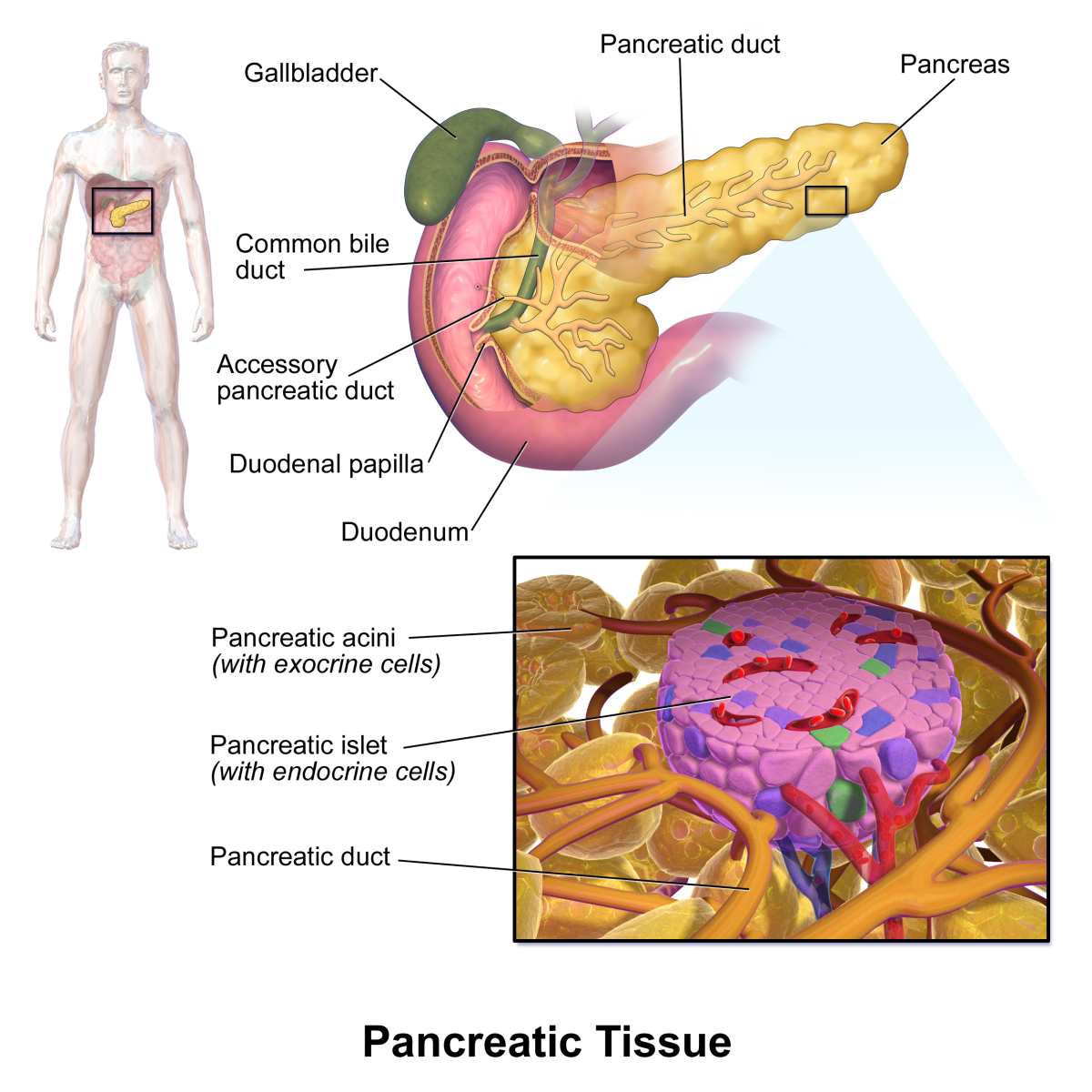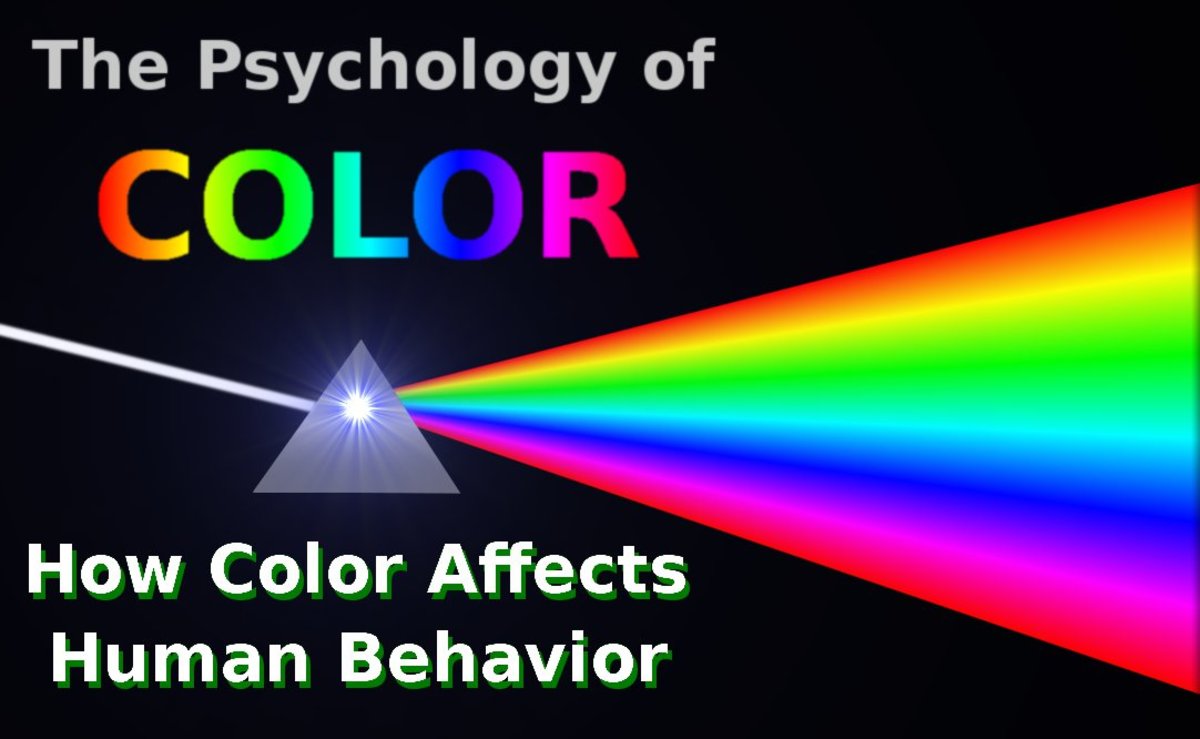Forgetfulness - Not Always Serious

Forgetfulness - Don't Think the Worst
Moments of forgetfulness happen to everyone. For most of us forgetfulness is caused by not concentrating on what we are doing, trying to do too many things at the same time, rushing or exacerbated by tiredness, feeling ill or stress.
Many characters are forgetful such as the lovable bear, Winnie the Pooh, or the cowboy called Forgetful Jones who appeared in the Muppet’s show and what about Dory in “Finding Nemo” who can’t remember if she’s coming or going.
However don’t be concerned that you’re having a senior or menopause moment when you cannot remember text message abbreviations such as CRAFT. In text speak it stands for “Can’t remember a freaking thing”.
The young also suffer from brain fade.
Laugh - its good for you.
If you would like to know that you and your forgetfulness are not alone - watch the hilarious video below and see the reactions of the audience of all ages.
Friedrich Nietzsche said:
“The advantage of a bad memory is that one enjoys several times the same good things for the first time.”
Normal Forgetfulness
“Forgetfulness is a form of freedom.”
Kahlil Gibran.
Understanding normal forgetfulness can help us more gracefully adjust to healthy aging. We need to give ourselves or our loved ones more time to recall events, names or words as normal recall can take just a little longer.
If you fall into any or all of the categories below, you are just fine - but see your doctor if you are worried.
- If you remember later something you have forgotten, either spontaneously or after thinking it over- that's normal.
- If reminders work such as reconnecting a name, word or experience if someone or something reminds you
- Using tools effectively such as notes or a calendar to remember.
- Forgetting a couple of times a piece of information, then after remembering or being reminded again, it should be more easily retrievable.
- Feeling frustrated with forgetting but displaying normal behavior while responding is normal. Uncharacterisitic anger, denial or defensiveness may indicate a problem.
- Being forgetful but still able to consistently perform basic needs such as bathing, dressing and eating is normal.
Tips to Aid Forgetfulness
Albert Schweitzer feels that
"Happiness is nothing more than good health and a bad memory”.
Maybe he has a point, however if you really want to do better try the following tips:
- Plan tasks and make ‘to do’ lists and mark calendars.
- Try to connect the things you are trying to remember to a familiar name, song, book or TV show.
- Develop interests and stay involved in activities that the aid mind and body.
- Exercise such as walking encourages better brain function, although it is not proven to delay symptoms of Alzheimer’s.
- Limit alcohol. Moderate amounts has its health benefits while heavy or binge drinking can cause memory loss over time.
- Try Suduko or do crossword puzzles.
A recent study from UCLA found that respondents across all age groups who engaged in just one healthy behaviour were 21% less likely to report memory problems than those who didn’t engage in any healthy behaviours.
Those with two positive behaviours were 45% less likely to report memory problems while those with three soared to 75%.
The 18 500 participants between the age of 18 and 90 who completed this research proved that the more healthy lifestyle behaviours were employed, the less likely one was to complain about memory issues.
Laughter is the best medicine
Watch this hilarious video by Tom Rush “The Remember Song” which resonates with a lot of people in his audience and went viral with 6 million hits. Playing music and laughter are wonderful ways to help your memory as both improve blood flow and oxygen to the brain.
When it's not funny - Is it Dementia?
Many older people worry that forgetfulness is the first sign of Alzheimer’s, so let's look at the symptoms:
Serious changes in memory, personality and behaviour may signify a brain disease called dementia.
Dementia describes the symptoms caused by changes in brain function such as repeatedly asking the same questions, losing one’s way in familiar places, inability to follow directions, becomes disorientated about places, time and people, also neglect of personal hygiene, nutrition and safety.
Vascular Dementia.
A series of strokes may result in the death of brain tissue, the location and severity of the strokes occurrence in the brain determine the seriousness of the problems. It may affect the person’s memory, language, reasoning and coordination.
Symptoms usually begin abruptly and progress with repeated strokes. The resultant damage may not be reversible, but treatment to prevent further strokes is imperative.
Some conditions that cause dementia can be reversed while others cannot.
Many different medical conditions may show symptoms that mimic, but are in fact are not dementia.
- Senior people may have emotional problems, such as feeling sad, lonely or bored, that may be mistaken for dementia.
- Adapting to the death of a friend of spouse can leave one feeling confused or forgetful.
- Stress and anxiety can make it harder to concentrate and absorb new skills, and block the retrieval of old ones.
- An under active thyroid can affect memory as well as disturb sleep and cause depression.
- A bad reaction to medicine, a minor head injury, thyroid gland problems can all be treated and symptoms reversed.
- Depression can include a stifling sadness, lack of drive and lack of pleasure in things which used to be enjoyed.
Difference between Forgetfulness and Dementia
What about Alzheimer's Disease?
Symptoms of Alzheimer's disease begin slowly and become steadily worse, as changes to nerve cells in parts of the brain result in the death of a large number of cells.
Symptoms range from mild forgetfulness to a serious lack of judgment and reasoning problems, deteriorating functioning, loss of previous abilities or negative changes in personality which eventually result in the person requiring total care.
Medication for Alzheimer’s disease help to maintain thinking, memory and speaking skills and may lessen behavioural problems from a few months to a few years in some people. However they cannot stop the progression of the disease.
Latest Research on Alzheimer's
A breakthrough in Alzheimers's research was recently made by the Washington University School of Medicine.
A commonly prescribed antidepressant has shown to be effective at slowing the onset of Alzheimer's. The problem with loss of memory and cognition caused by this disease is influenced strongly by the buildup of plaques in the brain.
Now, Citalopram an antidepressant was to halt the growth of exisiting plaques, while reducing the formation of new plaques by 78%.
This is marvellous news to all those Alzheimer's sufferers out there.








